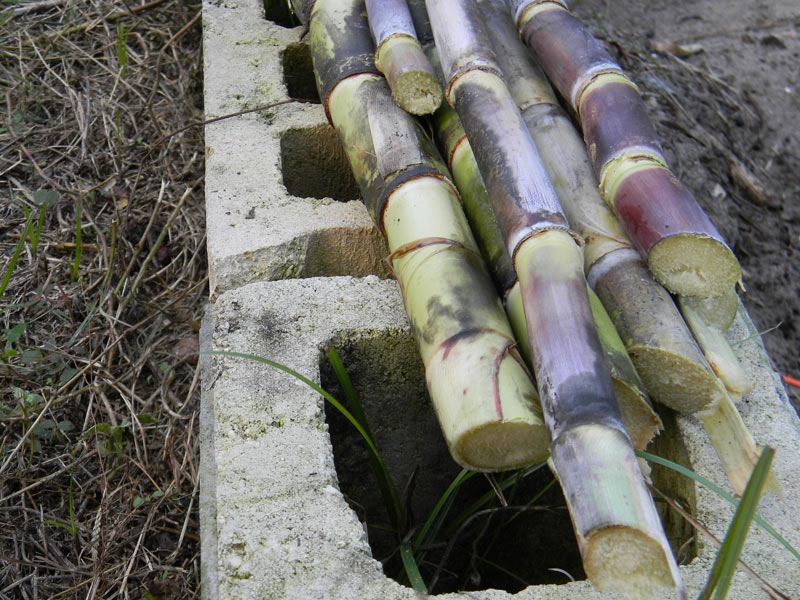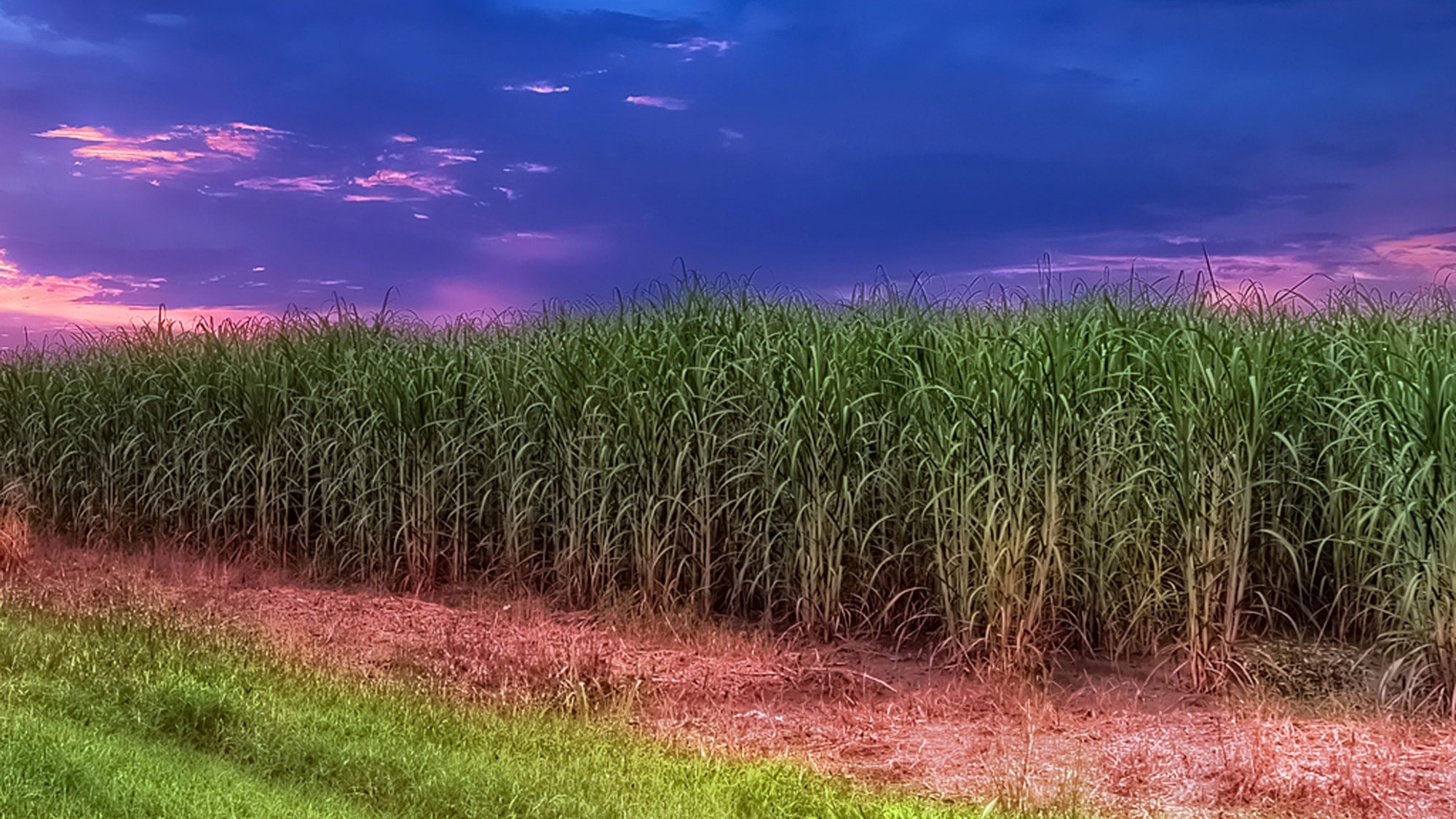The Environmental Impact of Growing Sugar and Cane in Various Regions
The Environmental Impact of Growing Sugar and Cane in Various Regions
Blog Article
Why Walking Stick Sugar Handling Chemicals Are Vital for Modern Sugar Refining
The duty of walking cane sugar handling chemicals in modern-day sugar refining can not be overstated, as they are indispensable to improving both the performance of removal and the total top quality of the last item. Representatives such as phosphoric acid and particular flocculants are employed to get rid of contaminations, leading to sugar that not only meets consumer assumptions however additionally sticks to sector criteria. The ramifications of these chemicals extend past high quality, touching upon market characteristics and ecological considerations. sugar and cane. This elevates essential questions about the sustainability of such techniques and their effect on the future of sugar manufacturing.
Duty of Processing Chemicals
The efficiency of walking stick sugar handling hinges dramatically on the calculated application of handling chemicals. These chemicals play a crucial duty in boosting the efficiency and high quality of sugar removal and refining. From the preliminary phases of juice removal to the last purification actions, processing chemicals help with numerous essential operations.
In the removal phase, chemicals such as phosphoric acid and calcium hydroxide are utilized to maximize the explanation process, aiding to eliminate pollutants and suspended solids from the cane juice. This not just boosts the yield but likewise makes sure the quality of the final product. Furthermore, representatives like flocculants help in the rapid settling of contaminations, therefore improving the overall process.
As the handling advances, chemicals are used in decolorization and condensation stages. Activated carbon and ion exchange resins offer to remove color and odor, guaranteeing that the refined sugar fulfills consumer quality criteria. Inevitably, the role of handling chemicals extends beyond functional effectiveness; they dramatically impact the sensory features of the final item, adding to market competition. Therefore, the careful selection and application of these chemicals are vital for accomplishing optimal outcomes in walking cane sugar handling.
Key Types of Chemicals
Walking stick sugar processing relies upon a range of vital chemicals that help with each phase of production. These chemicals play crucial roles in clarifying, whitening, and purifying the sugar extracted from cane.
One main group of chemicals consists of flocculants, such as polyacrylamide, which aid in the clarification process by promoting the gathering and settling of pollutants. Additionally, calcium hydroxide is frequently employed to neutralize acidity and assist in the elimination of non-sugar components.
Lightening representatives, such as turned on carbon and sulfur dioxide, are utilized to decolorize the syrup, leading to a more clear final item. These chemicals assist eliminate color substances that might influence the sugar's look and bankability.
Additionally, phosphoric acid acts as a pH regulatory authority during the handling phases, ensuring ideal problems for the chemical tasks included in sugar extraction and purification.
Various other essential representatives include edta (ethylenediaminetetraacetic acid), which chelates metal ions that can catalyze unfavorable responses, and sodium hydroxide, which assists in pH control throughout the refining procedure. Jointly, these chemicals improve performance and ensure a top quality cane sugar item.
Benefits for Sugar Top Quality
Frequently forgotten, making use of certain processing chemicals significantly boosts the overall quality of cane sugar. These chemicals play a pivotal function in refining processes, ensuring that the end product meets strict sector standards for pureness and taste.

In addition, refining chemicals aid in attaining a regular granulation and texture, which are critical for consumer approval. By controlling the crystallization procedure, these chemicals ensure that the sugar crystals develop evenly, causing a more appealing product that dissolves well in various applications.
Moreover, using these chemicals can improve the service life of cane sugar by decreasing wetness absorption and microbial growth. Generally, the critical application of processing chemicals is essential for providing top quality walking stick sugar that satisfies consumer assumptions and sector demands.
Environmental Influence Factors To Consider

Furthermore, the energy-intensive nature of sugar refining, compounded by chemical usage, usually results in enhanced carbon emissions. This adds to climate modification and increases problems concerning the sustainability of existing refining practices. Furthermore, the sourcing of these chemicals might involve practices that threaten biodiversity, such as monoculture farming, which reduces the resilience of farming communities.

To mitigate these influences, sugar refiners are significantly checking great post to read out sustainable options and embracing best practices that minimize chemical usage. Executing rigorous environmental administration systems can help ensure that the refining process straightens with ecological requirements and advertises biodiversity. Inevitably, a well balanced approach that prioritizes both sugar quality and ecological stewardship is necessary for the long-lasting viability of the sugar industry.
Future Fads in Refining
As the sugar industry faces the ecological difficulties associated with typical refining approaches, innovative strategies are emerging to boost both effectiveness and sustainability. One significant fad is the adoption of environment-friendly chemistry principles, which prioritize the usage of non-toxic, biodegradable handling chemicals. This shift not just lessens environmental effect yet additionally addresses customer need for cleaner production approaches.
Another appealing advancement is the application of advanced filtration modern technologies, such as membrane splitting up and adsorption processes. These techniques improve the clearness and top quality of the sugar while lowering the quantity of wastewater created during refining. Furthermore, the integration of digital modern technologies, consisting of IoT and AI, is changing functional efficiency by making it possible for real-time tracking and anticipating upkeep, therefore reducing source waste.
Moreover, using spin-offs from sugar refining, such as bagasse use this link and molasses, is obtaining traction. These materials can be exchanged biofuels or value-added items, contributing to a circular economy within the industry. Collectively, these fads indicate a shift in the direction of even more sustainable methods that not just boost operational efficiency however additionally align with worldwide sustainability objectives, making sure the future stability of sugar refining.
Final Thought
Cane sugar processing chemicals are crucial in contemporary sugar refining, dramatically improving the performance and high quality of sugar removal. The calculated use these chemicals not only boosts the purity and taste of the end product yet also makes certain constant crystallization and appearance. As the market progressively prioritizes sustainability, the adoption of environmentally-friendly handling representatives is likely to shape future trends in refining, ultimately causing greater quality products and expanded service life for consumers.

Inevitably, a well balanced method that my response focuses on both sugar high quality and ecological stewardship is important for the long-lasting stability of the sugar industry.
Cane sugar processing chemicals are essential in modern-day sugar refining, significantly enhancing the performance and quality of sugar extraction.
Report this page